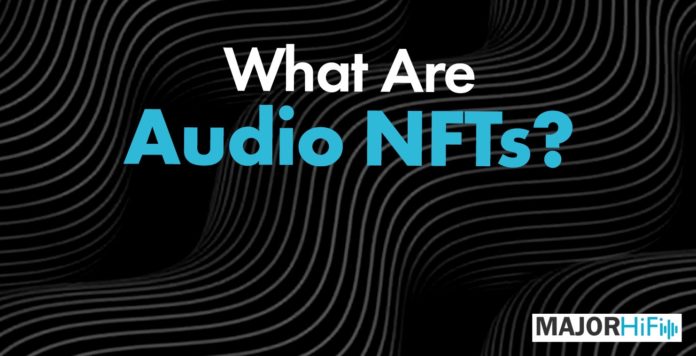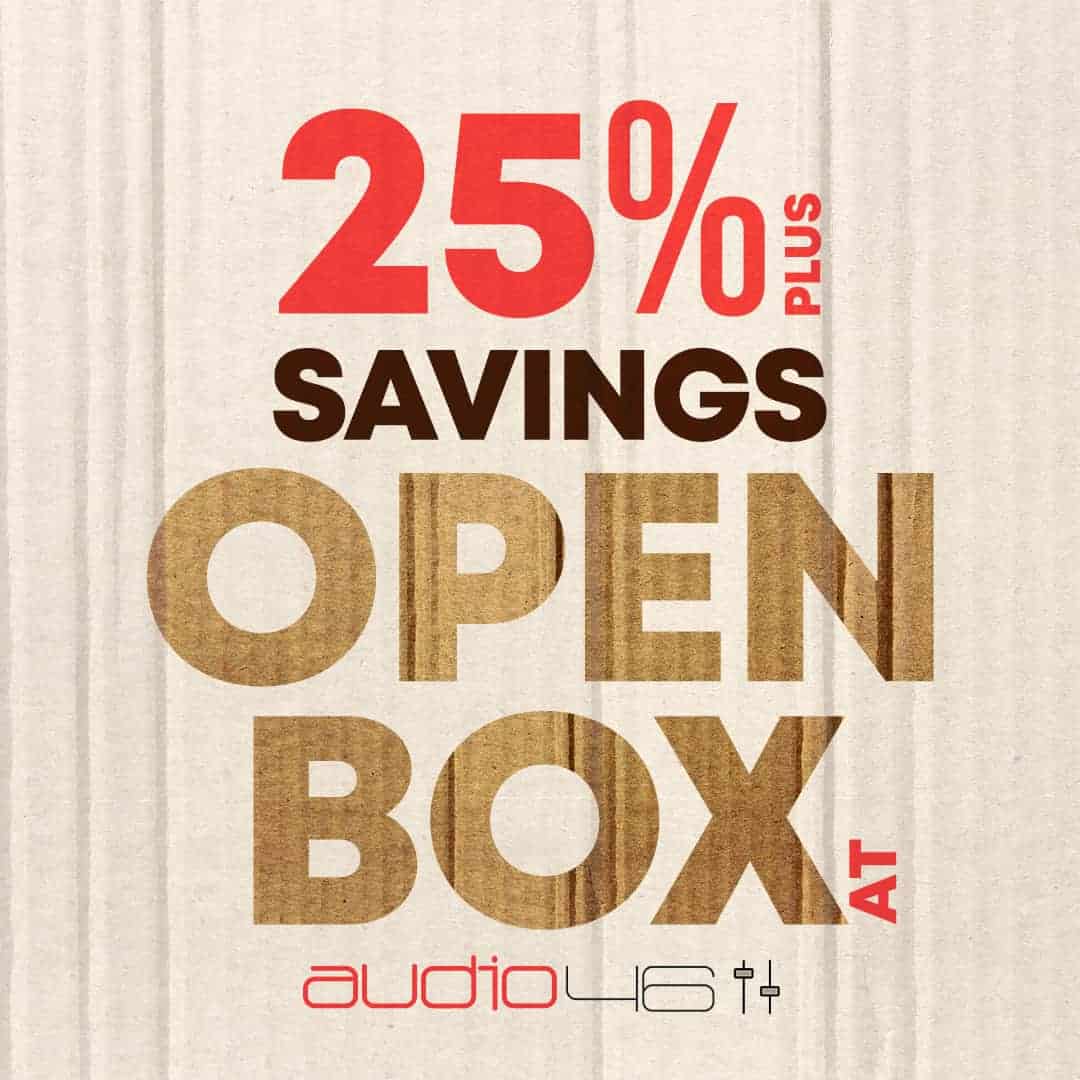If you’ve been on the internet in the past year, you’ve definitely heard of NFTs and how polarizing they’ve become. Love them or hate them, NFTs most likely aren’t going away for a while. Many people couldn’t be more eager to capitalize on this new digital gold rush.
What are NFTs?
A Non-Fungible Token (NFT) is a unique digital asset which has its certificate of ownership stored on a blockchain. A blockchain is a decentralized network that records transactions, essentially acting as a digital ledger. It’s also the same technology that stores ownership for cryptocurrency. Once data is minted to the blockchain, it has a unique certificate of ownership that can be transferred between users.
What can be made into an NFT?
Any digital data. Really. Most of the discourse surrounding NFTs has focused on their potential for art collection, particularly images. However, NFTs go far beyond images. Audio files can be minted and their transactions can be tracked through the blockchain. While others can still screenshot/reproduce the NFT, they don’t own the original. Think about it this way: you can print out a picture of the Mona Lisa and frame it in your house, but that isn’t the real Mona Lisa.
With this technology, artists can sell fractional ownership of their recordings and receive royalties every time their music is traded on the blockchain. This has potential to open up new monetization avenues so artists can receive royalties where they wouldn’t otherwise. This would (ideally) be profitable for both parties as the token’s value appreciates. This is exciting for a lot of people who have become disillusioned with the abysmal state of streaming revenue payouts for artists today.
Ethical Concerns of NFTs
NFTs aren’t all sunshine and cartoon monkeys. At the time of writing this, minting a single NFT to the Etherium Blockchain (the most widely used blockchain for digital tokens) requires around 48 kWh, or about 1.5 days worth of energy for an average US household. That’s just a single Etherium token; thousands of these are minted or traded per day. While blockchain engineers are working to reduce this energy cost, it might be too late by the time they make the technology sustainable.
Since NFTs are a relatively new technology, they’re largely unregulated from a legal standpoint. As of now, you can mint anything you want to the blockchain as long as it hasn’t already been minted. You don’t even need consent from the original creator. This has led to a serious problem of art fraud from NFT creators and many artists expressing outrage at the lack of legal protections for their creations. This is similar to the unregulated music piracy epidemic that happened in the 90s, which left the recording/distribution industry in the horrendous state it’s in today.
So are NFTs good or bad?
It’s complicated. On paper, NFTs are a cool idea with massive potential. Audio NFTs could greatly benefit music creators who routinely don’t profit from recording and streaming monetization. It could be a great tool for empowering independent artists in a way we haven’t seen since physical records were the dominant form of music distribution. However, a lot of aspects of NFTs have to change. Between the environmental impact and the rampant intellectual property theft, the harm NFTs are capable of doing far exceed the benefits.
Compare the ranking of various headphones, earbuds and in-ear monitors using our tools.
Discuss this, and much more, over on our forum.
---MAJORHIFI may receive commissions from retail offers.














